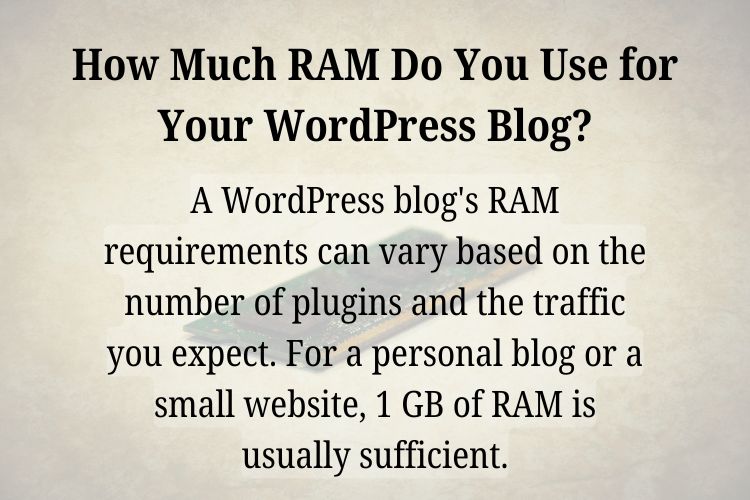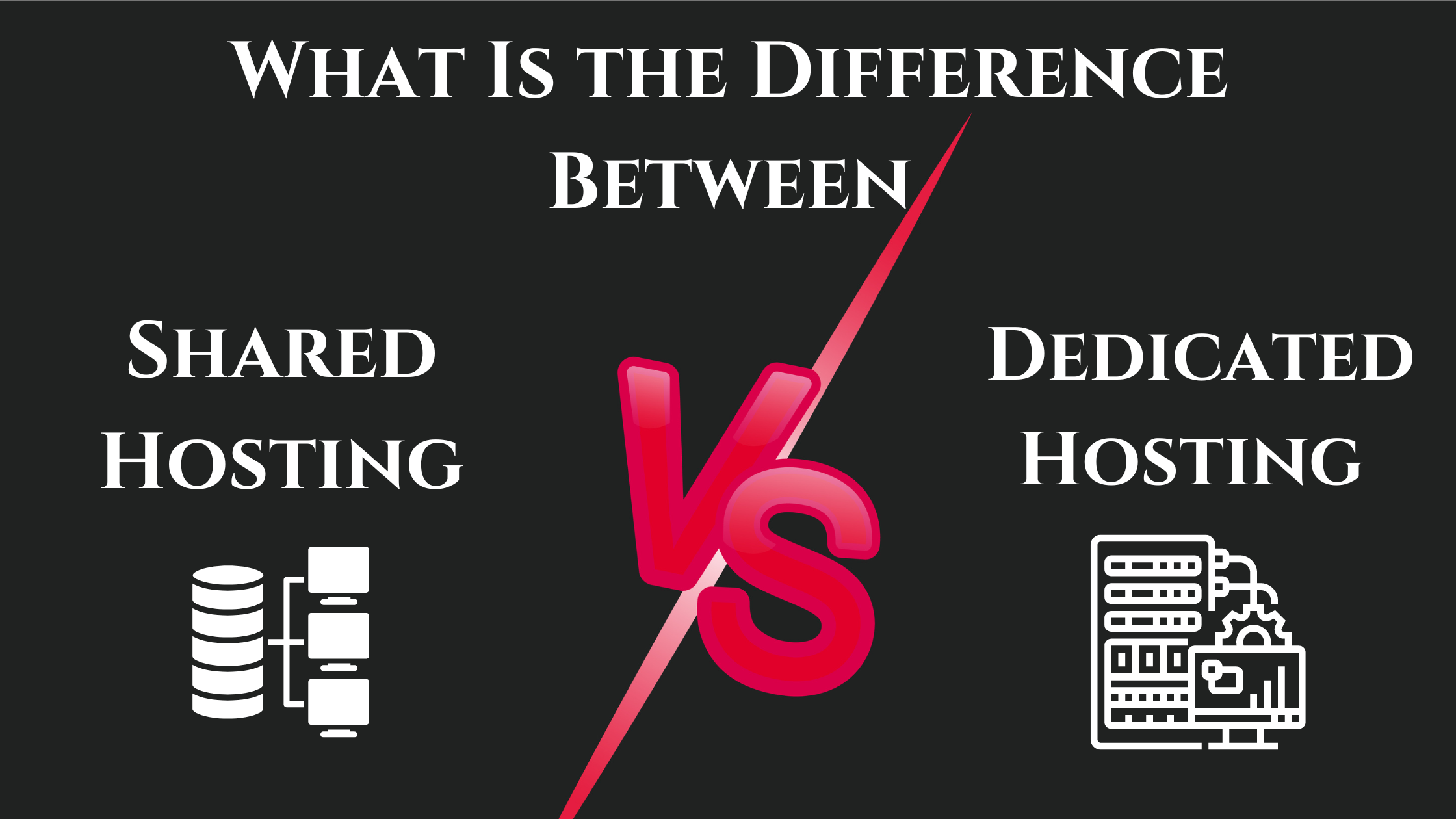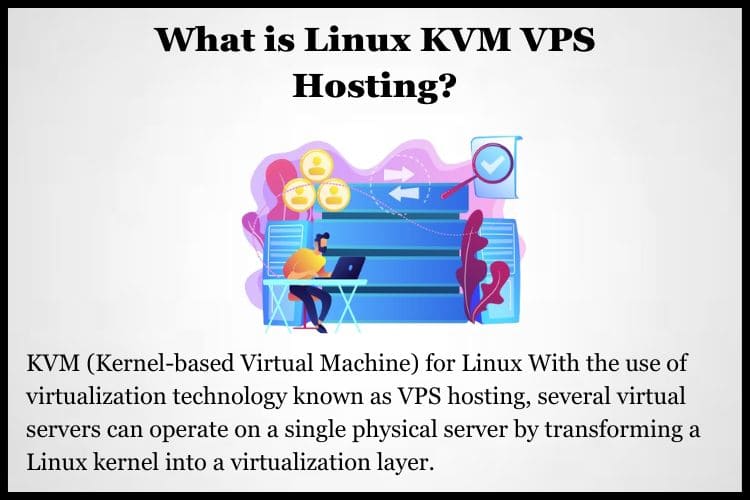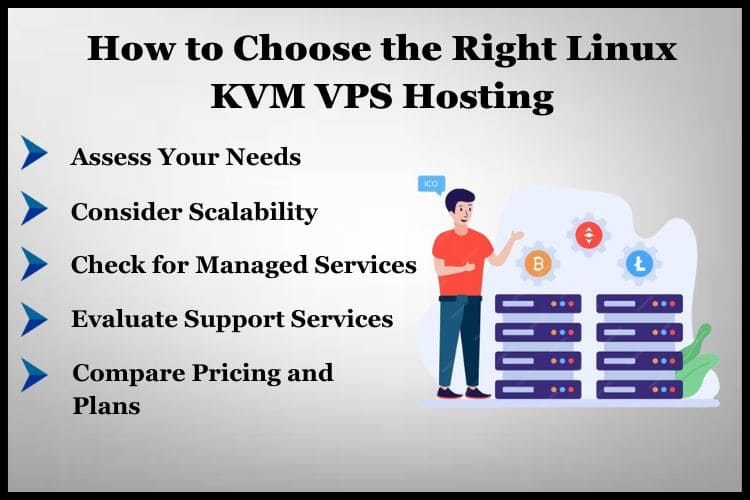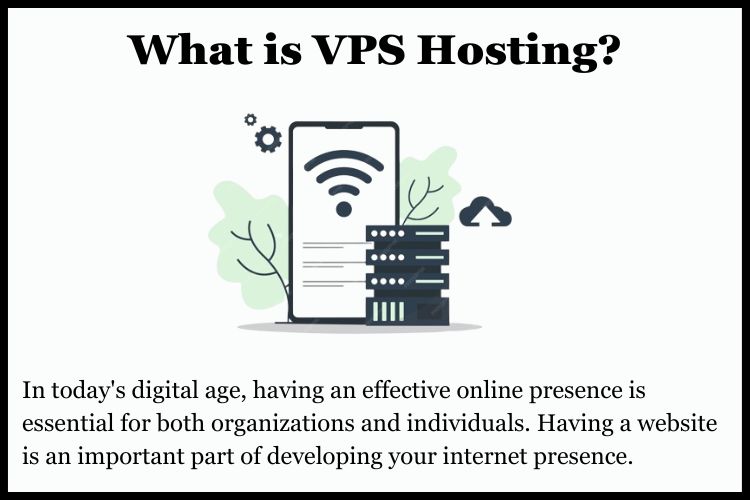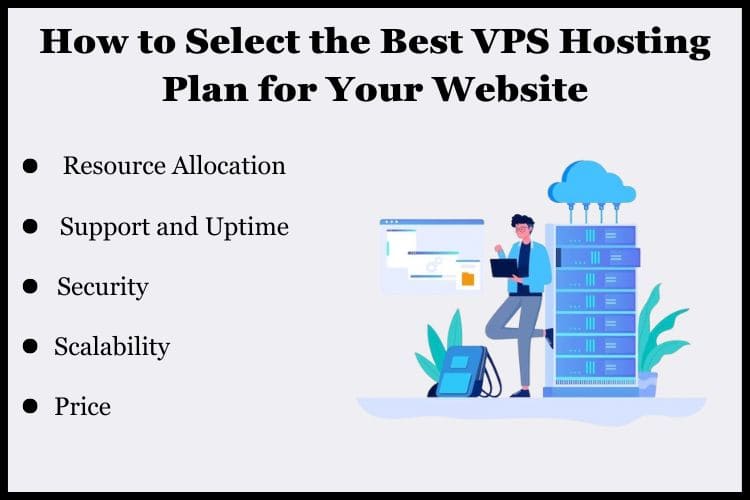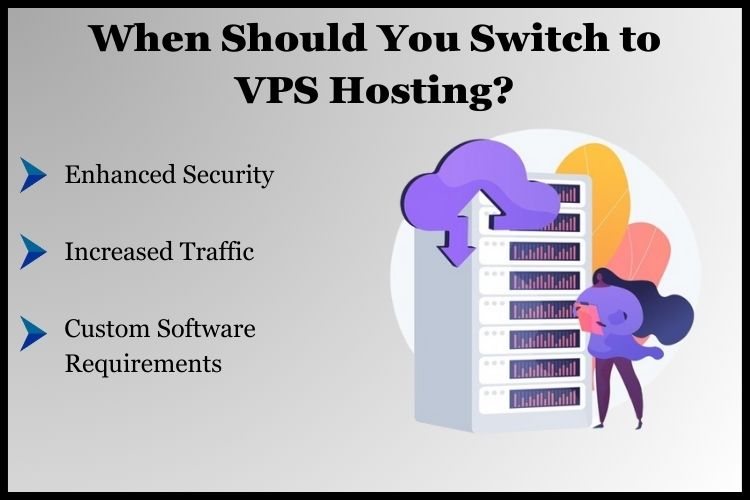-
Sep, Sat, 2024
How to Set Up a Cheap Windows VPS in India?
How to Set Up a Cheap Windows VPS in India | Hostingbuzz Guide
Windows VPS in India is gaining popularity due to its cost-effectiveness, flexibility, and reliability, making it an ideal choice for individuals and businesses looking to run small businesses or blogs.
Introduction
Hostingbuzz offers cost-effective Windows VPS hosting services in India, providing control over servers and reducing costs. This guide teaches setting up a cheap Windows VPS without compromising performance.
What is a Windows VPS?
A Virtual Private Server (VPS) is a virtualized server that behaves like a dedicated server within a larger physical server. It offers flexibility, scalability, and reliability at a fraction of the cost of a full dedicated server. A Windows VPS runs on a Microsoft Windows operating system, making it ideal for those familiar with the Windows environment.
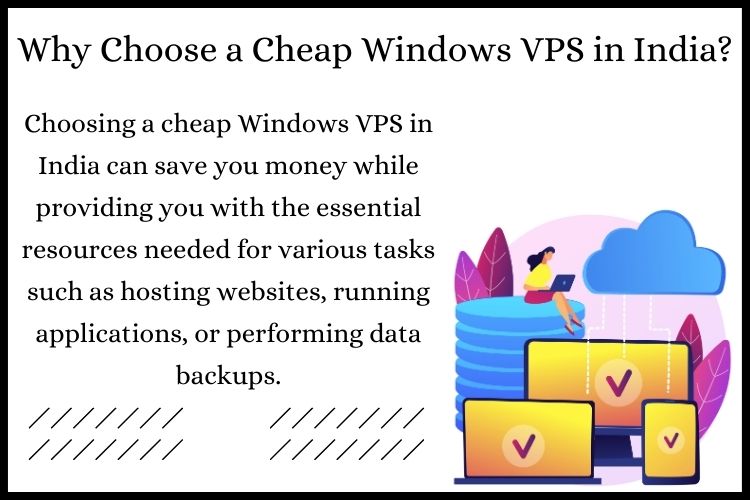
Why Choose a Cheap Windows VPS in India?
Choosing a Cheap Windows VPS in India can save you money while providing you with the essential resources needed for various tasks such as hosting websites, running applications, or performing data backups. Local providers in India often offer competitive pricing and localized support, making them a cost-effective and efficient choice for users within the country.
Factors to Consider When Choosing a Windows VPS Provider in India
Before selecting a VPS provider, there are a few important factors you should consider:
- Server Performance: Ensure the provider has a reputation for stable and fast servers.
- Uptime Guarantee: Look for companies that offer a 99.9% uptime guarantee.
- Customer Support: Having 24/7 customer support is crucial for troubleshooting issues.
Step-by-Step Guide to Setting Up a Cheap Windows VPS in India
Step 1: Choosing the Right Hosting Provider
Begin by researching hosting providers that offer affordable Windows VPS plans in India. Consider hostingbuzz for its affordable rates and reliable service.
Step 2: Selecting the Right Windows VPS Plan
Most hosting providers offer several plans. Choose one that fits your needs in terms of storage, bandwidth, and memory.
Step 3: Configuring the Server
You must configure your server after choosing your plan. Setting up your resources and choosing your preferred Windows version (Windows Server 2019, for example) are included in this.
Step 4: Installing Windows on Your VPS
Your hosting provider will offer you an option to install Windows on your VPS. This step is typically automated and requires minimal input.
Step 5: Managing Your VPS
After your VPS is up and running, it’s important to manage resources like RAM and CPU effectively to avoid performance bottlenecks. Use the provided control panel to monitor and maintain your VPS.
Why Hostingbuzz is a Great Choice for Windows VPS
Hostingbuzz offers competitive pricing, a range of plans, and top-tier performance. With its robust customer support and user-friendly control panel, it stands out as one of the top choices for a Windows VPS in India.
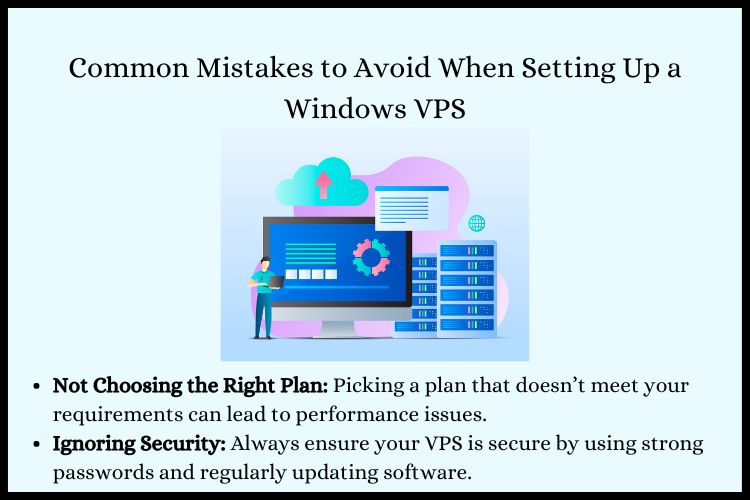
Common Mistakes to Avoid When Setting Up a Windows VPS
- Not Choosing the Right Plan: Picking a plan that doesn’t meet your requirements can lead to performance issues.
- Ignoring Security: Always ensure your VPS is secure by using strong passwords and regularly updating software.
Benefits of Using a Windows VPS
The use of a Windows VPS has numerous benefits:
- Performance: Dedicated resources ensure smooth operation.
- Scalability: As your demands change, you can simply update your plan.
- Control: You can personalize your server environment with full root access.
How to Optimize Your Windows VPS for Better Performance
To get the most out of your VPS, optimize your resource allocation, update your software regularly, and use caching to enhance speed.
Conclusion
Hostingbuzz offers affordable and reliable Windows VPS services in India, catering to both business owners and individuals. With high-performance features, hosting buzz provides control and flexibility without a significant investment, making it an excellent choice for those seeking reliable service.
Frequently Asked Question
Q1: Can I use a Windows VPS to run my website?
Yes, a Windows VPS is ideal for hosting websites that require Windows-specific applications and software.
Q2: How much does a Windows VPS cost in India?
The cost of a Windows VPS varies, but you can find plans starting from as low as ₹500 per month.
Q3: Do I need technical knowledge to manage a Windows VPS?
Basic technical knowledge is helpful, but most hosting providers offer easy-to-use control panels for managing your VPS.
Q4: Can I upgrade my VPS plan later if needed?
Yes, most hosting providers allow you to scale up your VPS resources as your needs grow.
Q5: Is a Windows VPS secure for handling sensitive data?
Yes, with proper security measures in place, such as firewalls and regular updates, a Windows VPS can be secure for handling sensitive data.





